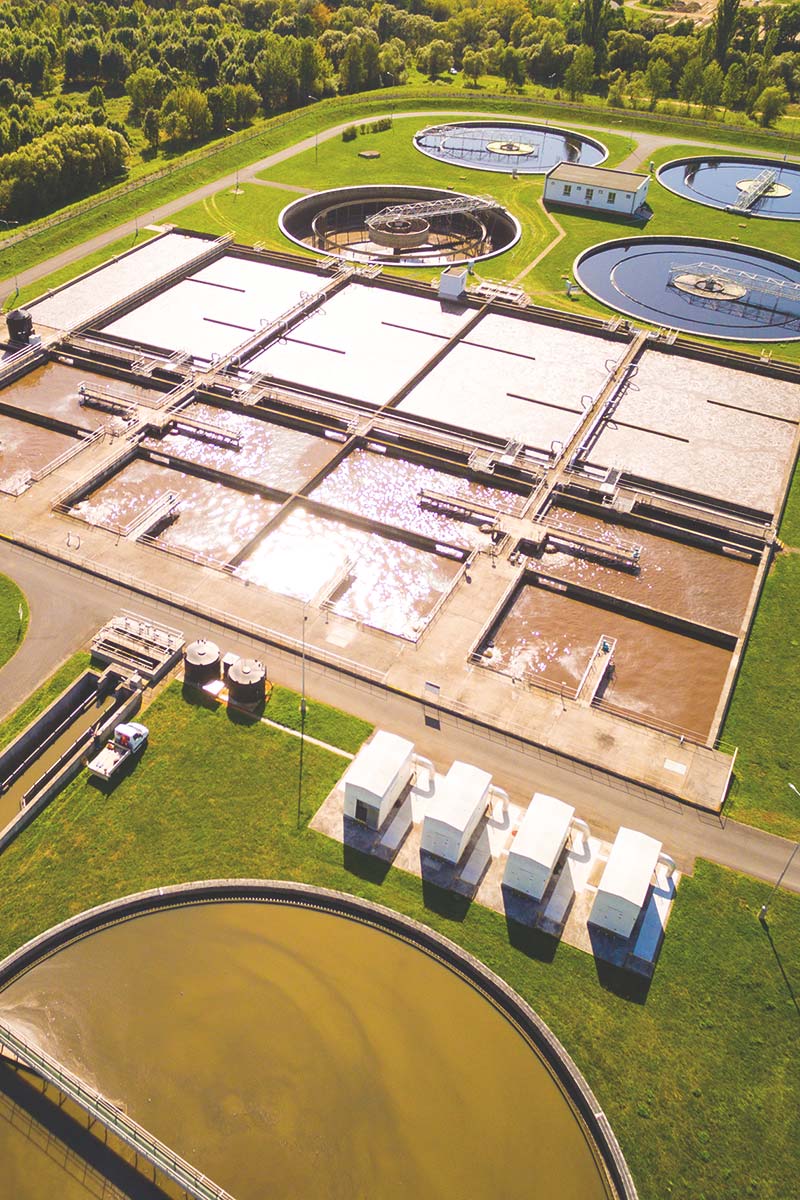Bioeconomy
- R&D&I Programmes
- Technological Services
- Consultancy Services
- Laboratory Services
- Training and Events
- Sectors

A biorefinery is the sustainable processing of biomass into a broad spectrum of commercially interesting bioproducts. These can be energy, food, feed, fertilisers or bio-based products. Industry or facility is used for a production model or concept for a wide range of biomass products.
Biomasses, which are the ‘feedstock’ of biorefineries, can be of many different origins and can even come from more than one source during the year (multi-feedstock biorefineries):
At AINIA we develop biorefinery models as economically and environmentally sustainable industrial solutions. Our aim is to maximise the use of the resources contained in waste and by-products in the form of commercially valuable bioproducts.
| Responsible | AINIA |
| Address | Calle Benjamín Franklin, 5 a 11, CP 46980 Paterna (Valencia) |
| Purpose | To attend to, register and contact you to resolve the request you make to us through this contact form |
| Legitimation | Your data will be processed only with your consent, by checking the box shown on this form |
| Recipients | Your data will not be transferred to third parties. |
| Rights | You have the right to request access to, correct or delete your data. You can also request that we limit its processing, oppose it and request the portability of your data by contacting our postal address or [email protected] |
| More info | You can find more information in our Privacy Policy |
| DPO | If you have any questions about how we will treat your data or would like to make any suggestions or complaints, please contact the Data Protection Officer at [email protected] or at the Data subject support form |
I consent to the use of my personal data to process my request, as set forth in your Privacy Policy.
I consent to the use of my data to receive information and commercial communications from your entity.
